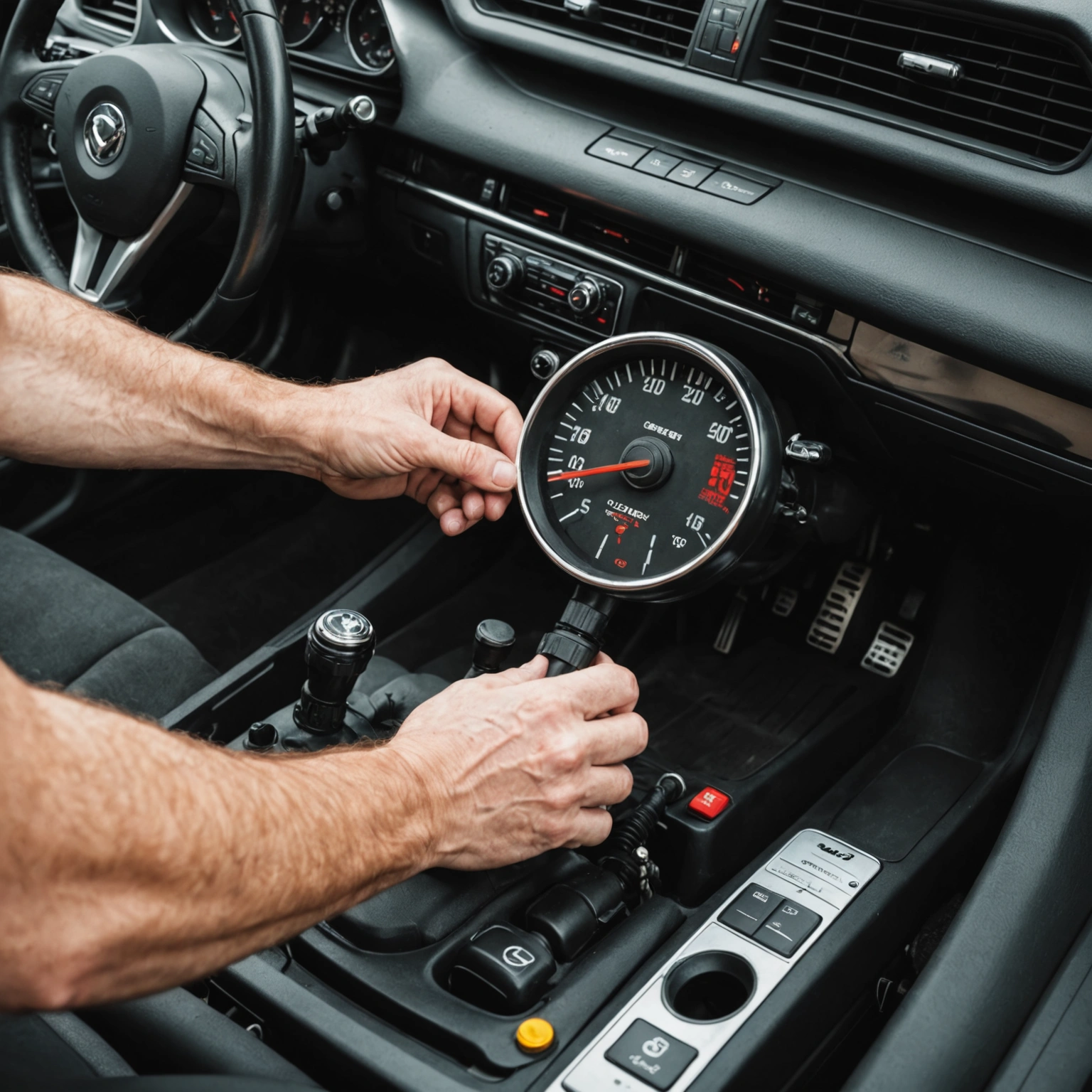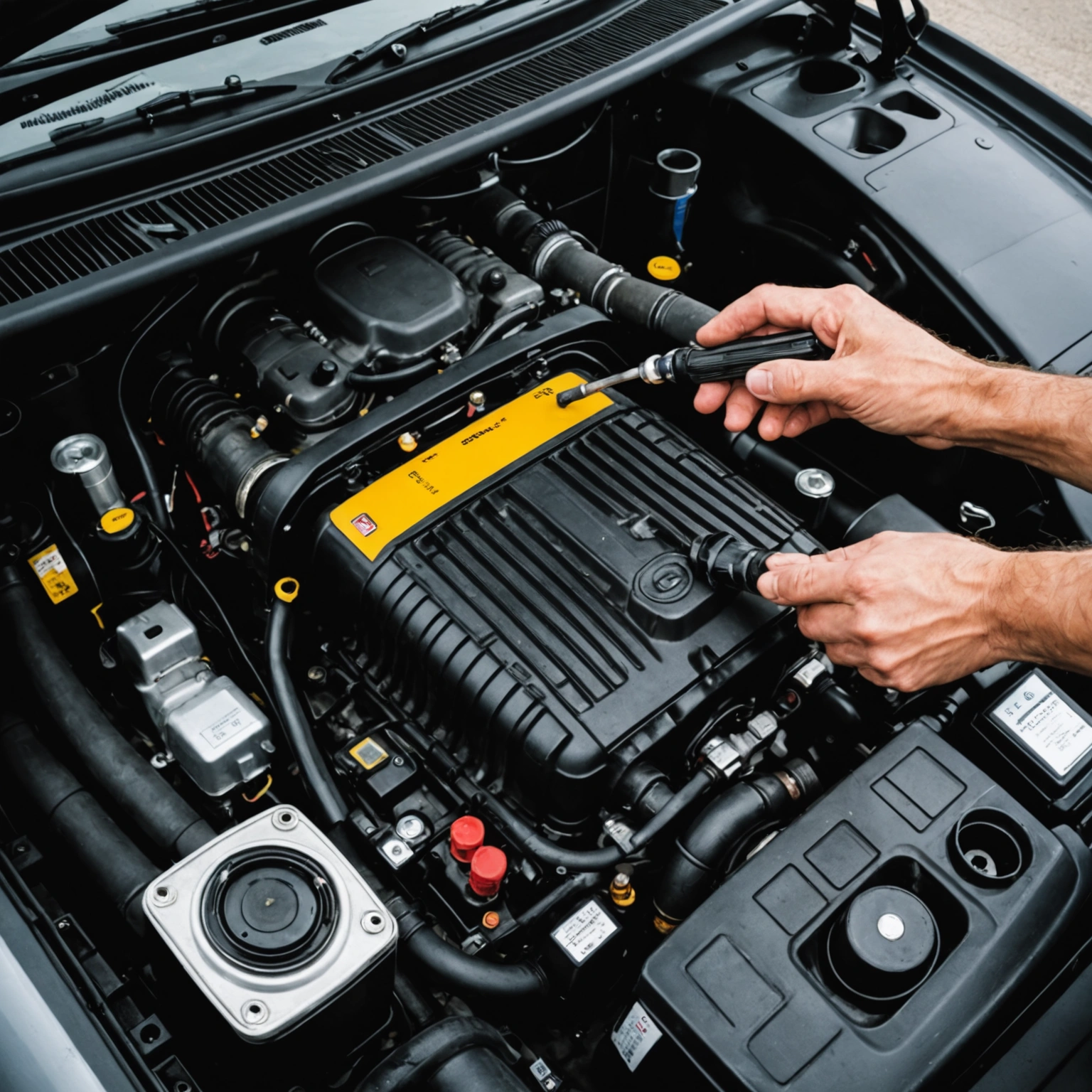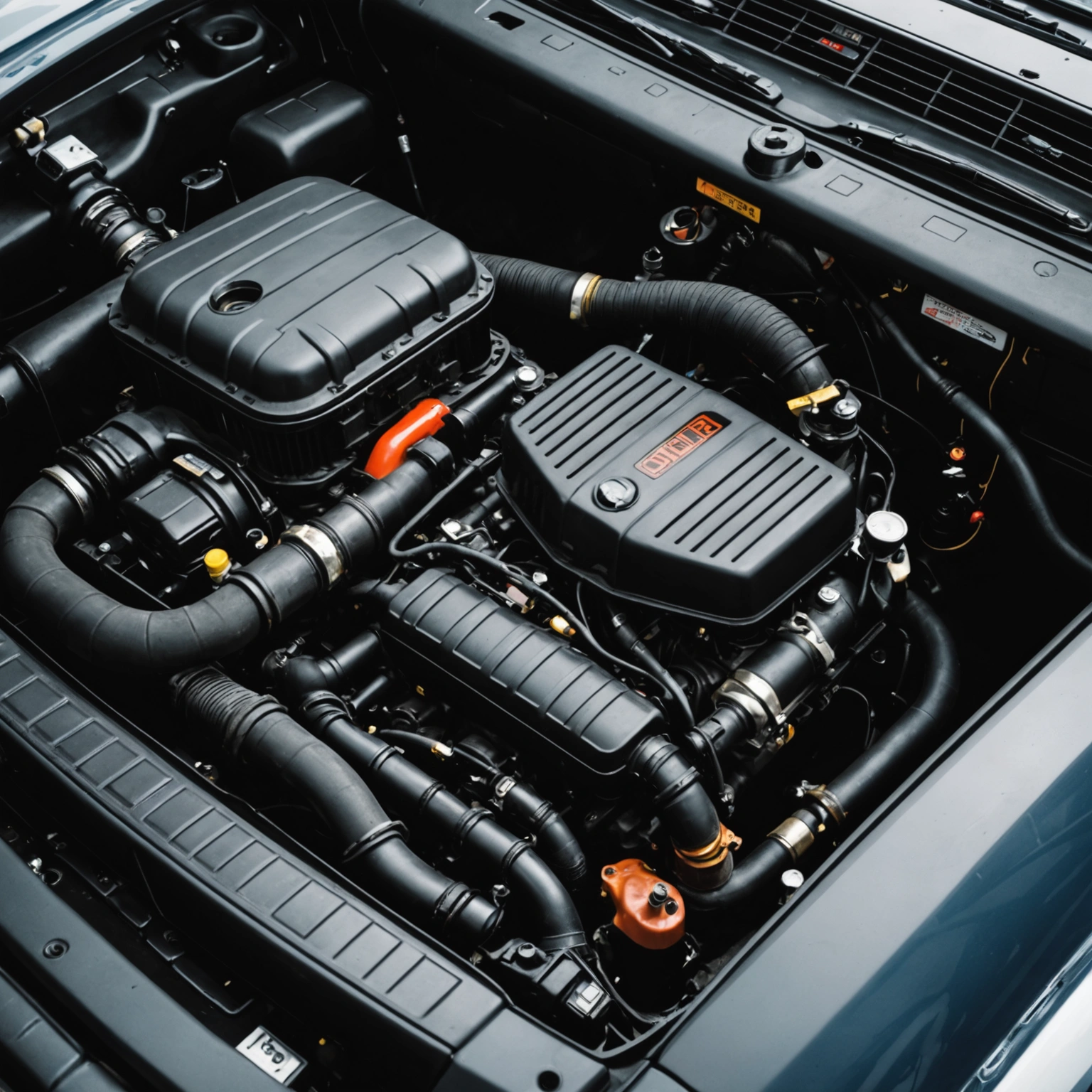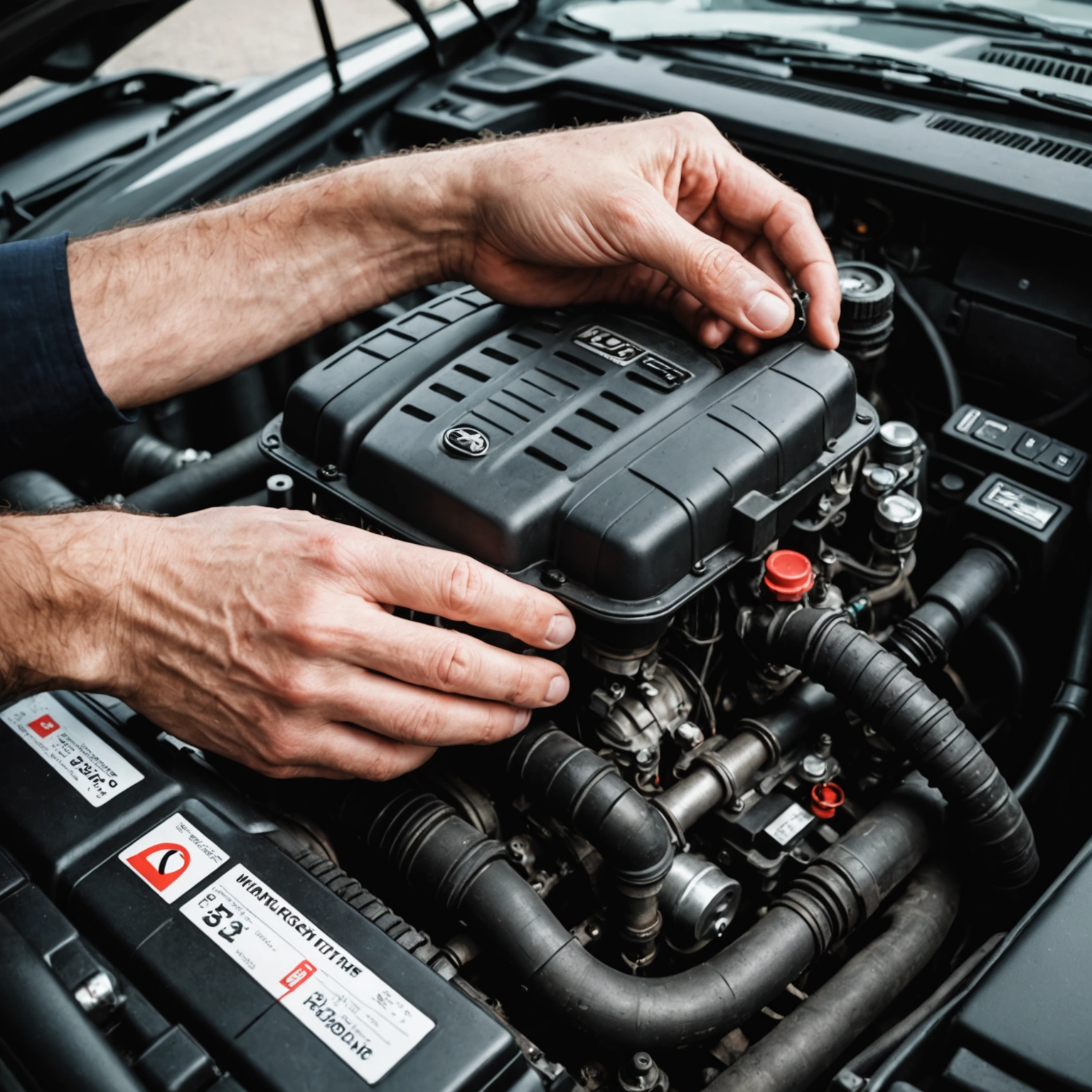**Why Does My Car Overheat When Idling? Understanding the Causes and Solutions**
If you’ve ever noticed your car temperature gauge creeping toward the red zone while idling, you’re not alone. Overheating during idle can be concerning, but understanding the underlying causes can help you diagnose and address the issue before it leads to costly repairs.

### Common Reasons Why a Car Overheats When Idling
1. **Cooling System Issues**

– **Low Coolant Level:** The coolant absorbs heat from the engine and dissipates it through the radiator. If the coolant level is low, the system can’t effectively remove heat, leading to overheating.
– **Leaking or Faulty Radiator Cap:** A worn or faulty cap can prevent proper pressure buildup, reducing coolant boiling point and causing overheating.

– **Blocked or Damaged Radiator:** Debris, corrosion, or internal blockages can restrict coolant flow, impairing heat dissipation.
– **Thermostat Malfunction:** A stuck-open thermostat can cause the engine to run too cold, but a stuck-closed thermostat can trap hot coolant, raising engine temperature.

2. **Water Pump Problems**
– The water pump circulates coolant throughout the engine. If it’s failing or has worn out impellers, coolant flow diminishes, leading to localized overheating, especially noticeable at idle.
3. **Cooling Fan Failures**
– Electric or mechanical cooling fans help draw air through the radiator. A malfunctioning fan relay, motor, or sensor can prevent fans from activating at the right time, especially when the vehicle is stationary or idling.
4. **Airflow Restrictions**
– Blockages in front of the radiator, such as debris, leaves, or ice, can impede airflow, reducing cooling efficiency when the vehicle isn’t moving.
5. **Engine Load and Idle Conditions**
– High engine loads or additional accessories (like AC or power steering) can increase heat generation. When combined with cooling system issues, this can cause overheating at idle.
6. **Head Gasket or Engine Block Issues**
– A blown head gasket or cracks in the engine block can cause coolant leaks or improper circulation, leading to overheating even at idle.
### Preventive Measures and Troubleshooting Tips
– **Check Coolant Levels:** Regularly inspect and top off coolant as needed, following manufacturer specifications.
– **Inspect Radiator and Hoses:** Look for leaks, cracks, or blockages.
– **Test the Thermostat:** If you suspect it’s stuck closed or open, have it tested or replaced.
– **Ensure Cooling Fans Are Working:** Listen for fan operation when the engine warms up or use a scan tool to check fan relay and sensor signals.
– **Look for Leaks or Signs of Overheating:** Steam, sweet-smelling coolant, or visible leaks can indicate underlying problems.
– **Visit a Professional:** If you’re unsure or unable to diagnose the problem, consult a trusted mechanic to perform a cooling system diagnosis.
### Final Thoughts
Overheating when idling is often related to cooling system deficiencies or component failures. Regular maintenance, including coolant checks and radiator inspections, can help prevent these issues. Addressing overheating promptly not only preserves your engine’s health but also ensures your drives remain safe and stress-free.
If your vehicle continues to overheat at idle despite basic checks, professional diagnosis is highly recommended to identify and resolve the root cause effectively.

